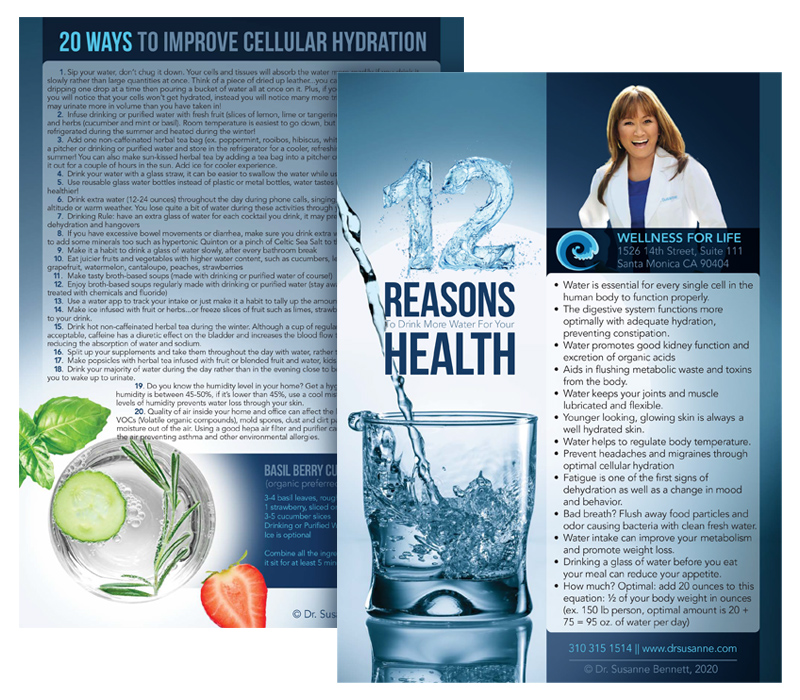 Have you ever driven on the coast and looked out at the ocean, only to notice massive, dark patches of water near the shore? Sometimes this is just algae growing deep within the water, but other times when those distant patches take on a dark, maroon red color, it is the result of a massive overgrowth of algae called red tide.
Have you ever driven on the coast and looked out at the ocean, only to notice massive, dark patches of water near the shore? Sometimes this is just algae growing deep within the water, but other times when those distant patches take on a dark, maroon red color, it is the result of a massive overgrowth of algae called red tide.
Red tide is a natural occurrence in the ocean caused by rapid blooms of microscopic plankton, called dinoflagellates. While the symptoms experienced by swimmers and surfers range from mild eye and throat irritation to severe asthma attacks, red tide is more commonly harmful to people who consume meals containing oysters or clams. How exactly does red tide from the ocean affect our food? Usually after this rapid bloom occurs, shellfish, scallops, mussels, and other big fish eat the poisonous plankton, and these fish are what eventually end up on our dinner plates.
These microscopic, single celled organisms can do more than just give us food poisoning. Eating poisoned shellfish can cause neurological symptoms like paralysis or parasthesia, which causes a tingling sensation in the skin similar to what happens when your foot falls asleep. Another more serious condition called ciguatera, can also be caused by eating bigger fish who have eaten poisoned, smaller fish. Symptoms of ciguatera poisoning can range nausea and vomiting to symptoms of paralysis, and the inability to feel hot and cold sensations.
The coast is likely going to be whispering your name this summer, and there is no reason you should not be outdoors enjoying the sun. If you go to the beach though, just be aware of any water discoloration you see near the shore, and if you are planning on seafood for dinner, try ordering a lobster or shrimp, which are said to be safe from these kinds of microscopic toxins!
References:


